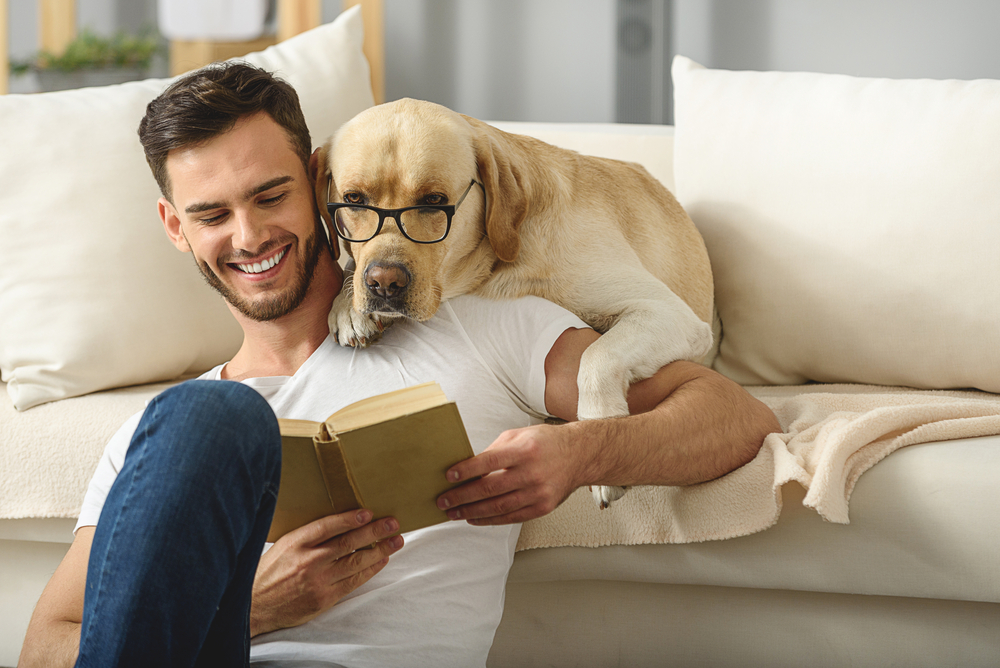They are smarter than you might think!
Others are reading now
Dogs are incredibly intuitive animals that often pick up on their owners’ emotions and physical states. From stress and sadness to excitement and routine changes, your dog is more aware of your well-being than you might think. Understanding what they notice—and how they react—can help you support their emotional needs as well. Here’s a list of common signs dogs detect, along with ways to make things easier for them.
Stress

- Dogs can detect changes in your body language, tension in your voice, and stress-related scents.
- They may respond by pacing, whining, licking, or staying close to comfort you.
- Tip: Try to maintain a calm tone and body language; calming routines or quiet cuddles can help soothe your dog too.
Sadness or Depression

- Dogs often sense when you’re emotionally low and may try to comfort you by snuggling or watching you closely.
- They might become more subdued themselves or seek extra attention.
- Tip: Give them affection and stick to your usual routine—it reassures them and can help lift your mood too.
Happiness or Excitement
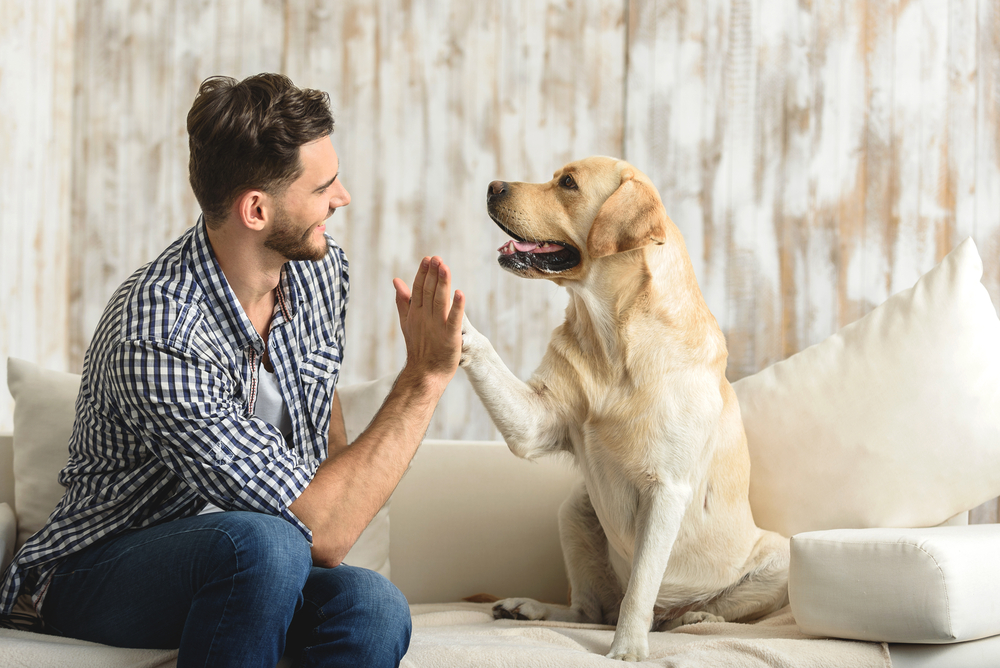
- Dogs react to high energy with wagging tails, barking, jumping, or zoomies.
- They thrive off your positive energy and may get extra playful or silly.
- Tip: Channel the shared excitement into a fun walk or game—it reinforces your bond and gives them a healthy outlet.
Fear or Anxiety
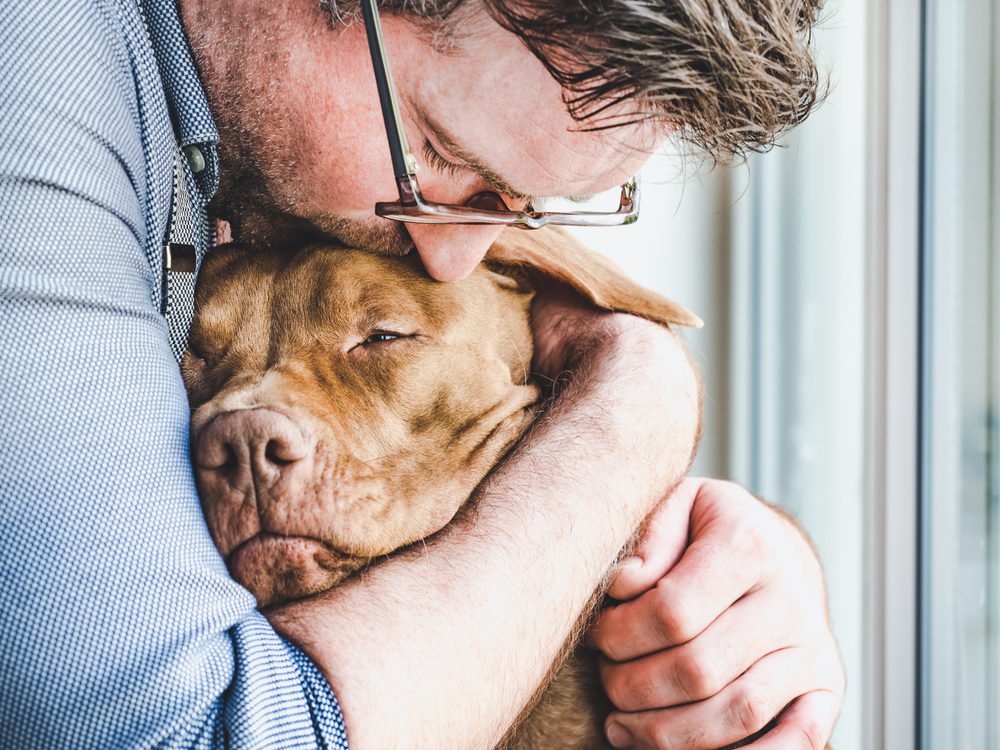
- Dogs can sense fear through your posture, scent, and expressions.
- They may become alert, protective, or anxious themselves.
- Tip: Speak softly and reassure your dog with gentle touch or a calming activity like a slow walk.
Sickness or Pain
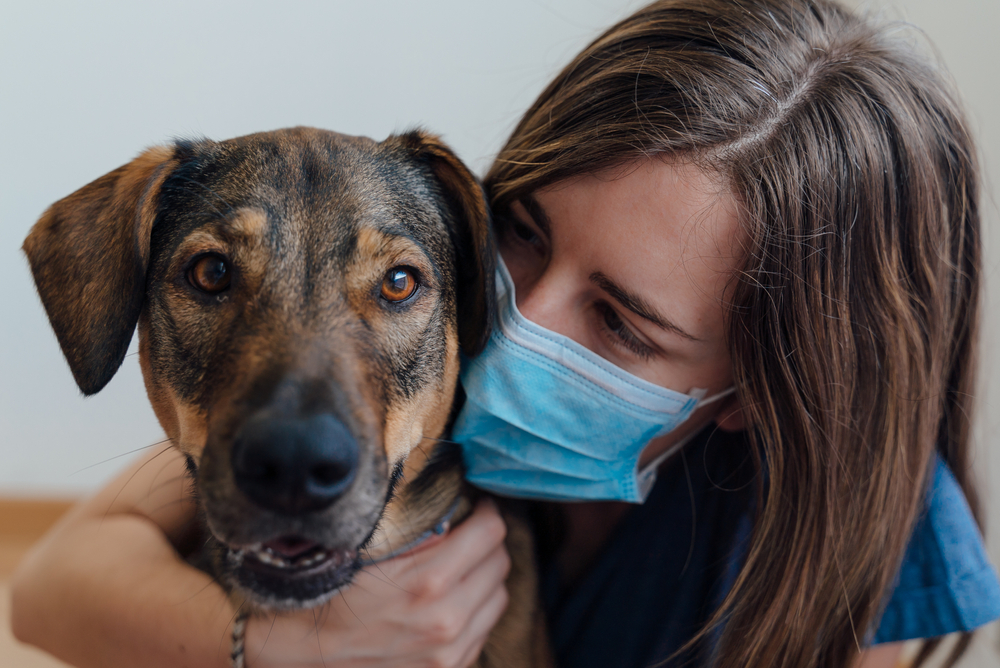
- Dogs notice subtle physical changes and smells when you’re ill or in pain.
- Some dogs may nuzzle you, lie near the affected area, or act more subdued.
- Tip: Let them stay close, but keep their routine steady—this gives them a sense of normalcy and security.
Pregnancy
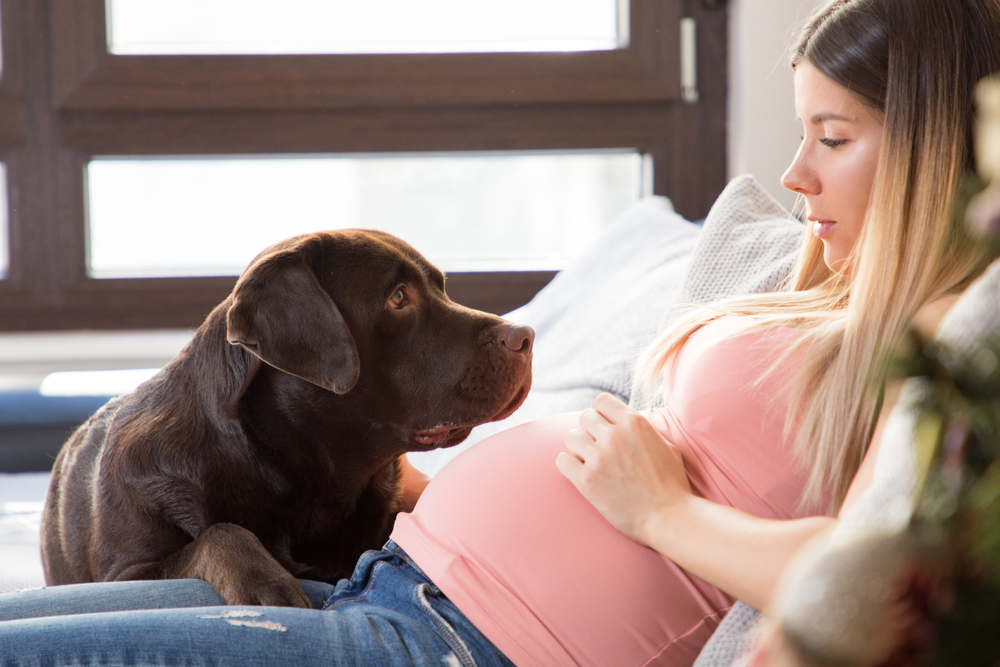
- Dogs can detect hormonal shifts and may become more protective or attentive.
- They might follow you more, act gently, or sniff you frequently.
- Tip: Keep their routine consistent, and slowly introduce changes to prepare them for the baby.
Anger or Frustration
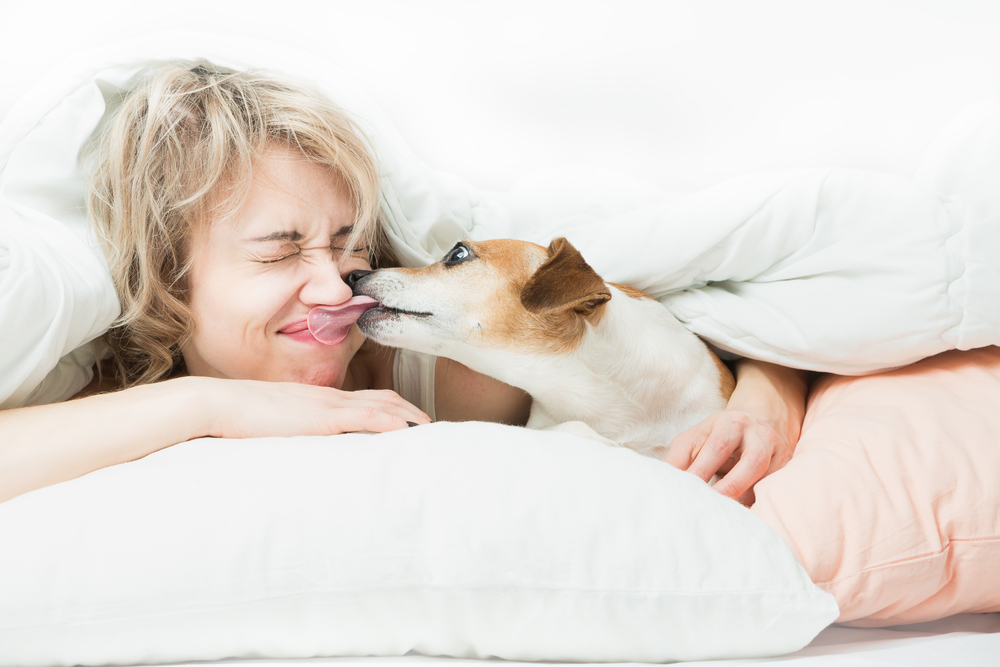
- Dogs are sensitive to raised voices, sharp movements, or aggressive energy.
- They may hide, cower, or try to appease you.
- Tip: If you’re upset, take a moment away before interacting—your calm presence helps them feel safe.
Routine Changes
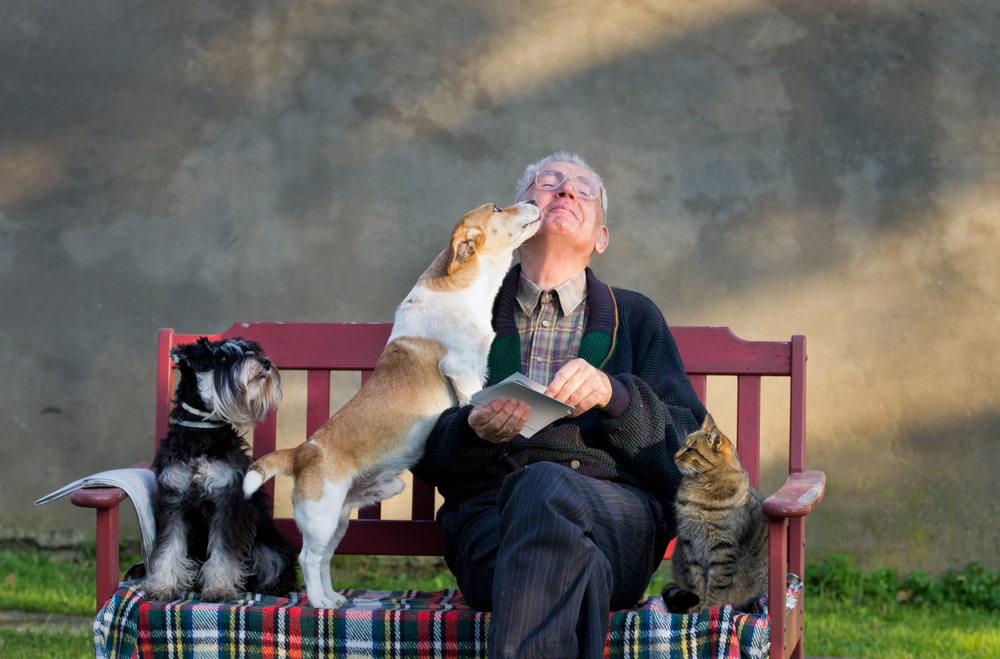
- Dogs thrive on consistency and notice changes in meal times, walks, or sleep patterns.
- Sudden shifts can make them anxious or confused.
- Tip: Try to introduce changes gradually, and use consistent cues or rewards to ease transitions.
Disinterest or Detachment
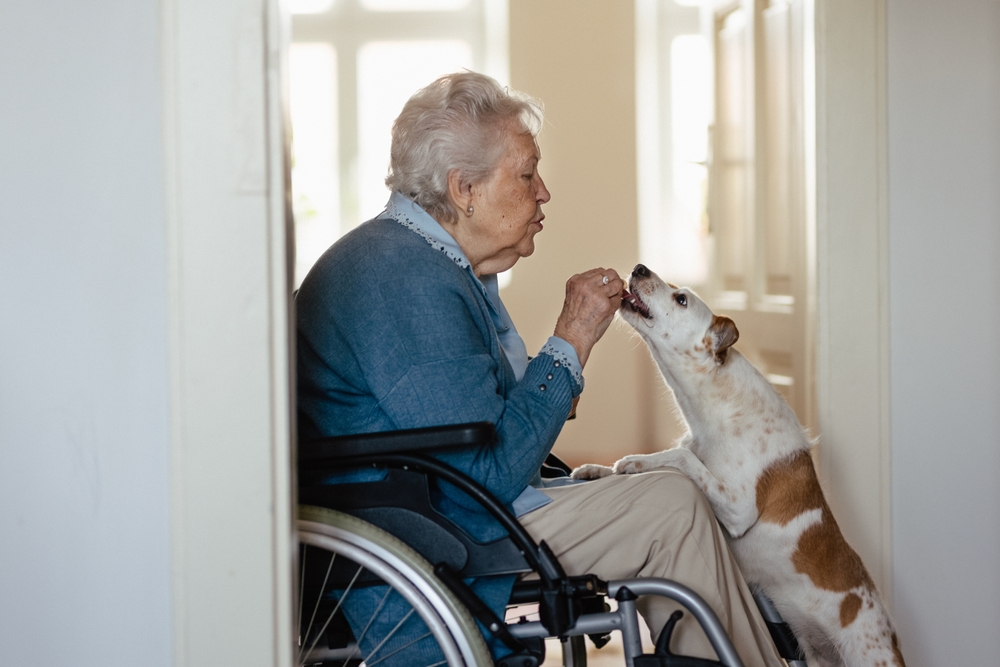
- Dogs pick up on emotional withdrawal or when you seem less engaged.
- They may try harder to get attention or mirror your withdrawal.
- Tip: Even small gestures like petting or speaking gently reassure them that your bond is still strong.
Energy Levels
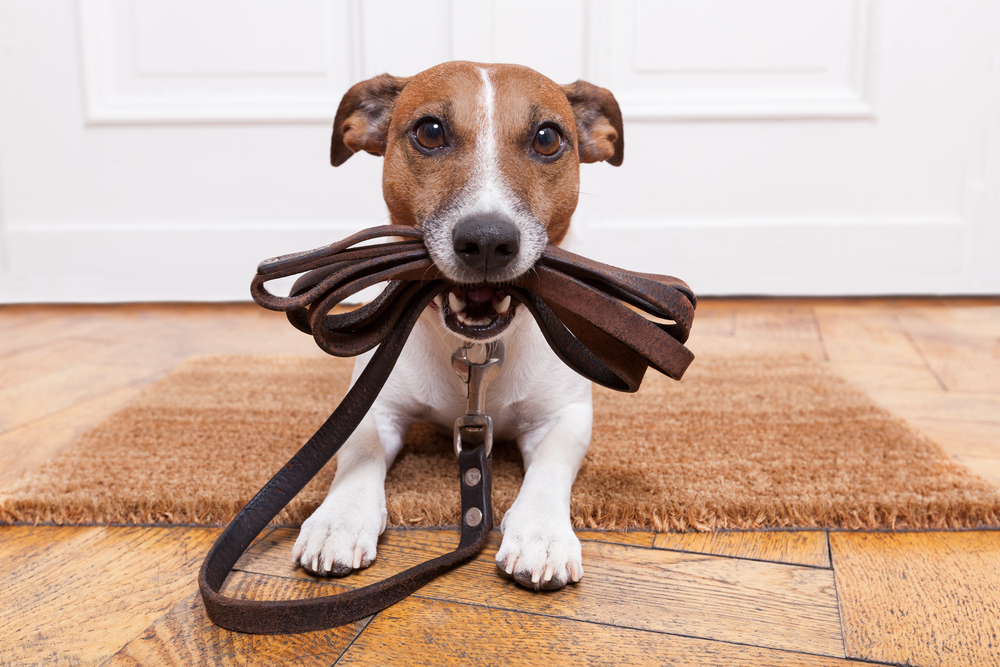
- Dogs mirror your energy; if you’re active, they perk up, and if you’re tired, they slow down.
- Sudden changes can confuse or concern them.
- Tip: Match their needs with light play or rest, and keep some low-key interaction going even on slow days.
Intentions to Leave

- Dogs recognize cues like packing a bag, grabbing keys, or putting on shoes.
- They may become anxious, bark, or try to block the door.
- Tip: Practice short departures and reward calm behavior to reduce separation anxiety over time.
Grief or Mourning
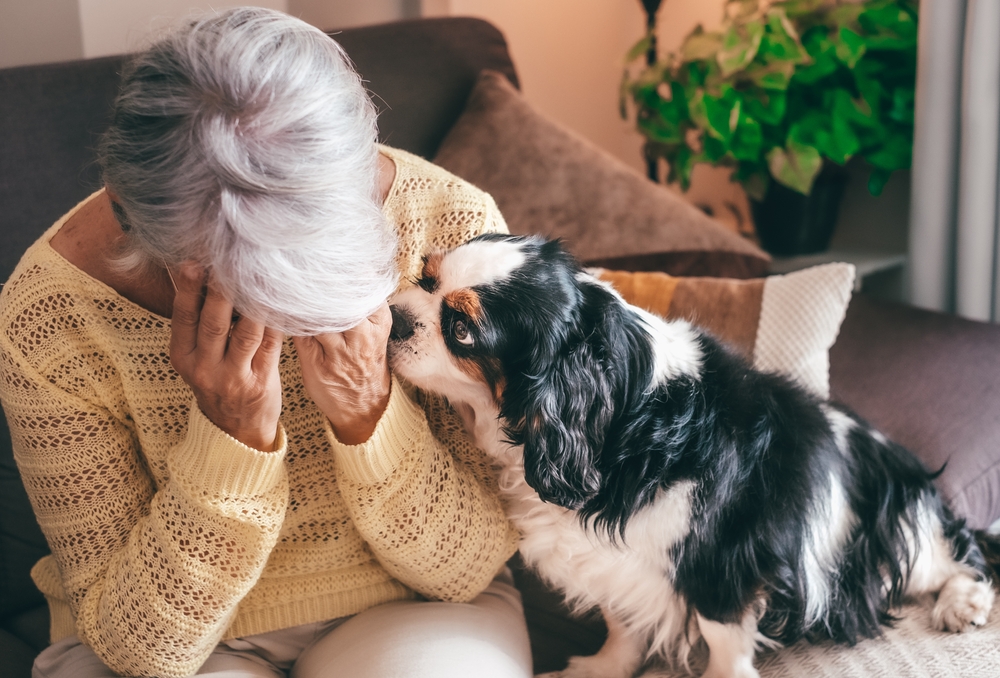
- Dogs sense deep emotional loss and may show signs of mourning too—loss of appetite, lethargy, or clinginess.
- They may stick close to you or act more subdued.
- Tip: Be patient and allow time to grieve together, while keeping a gentle routine and offering comfort.

